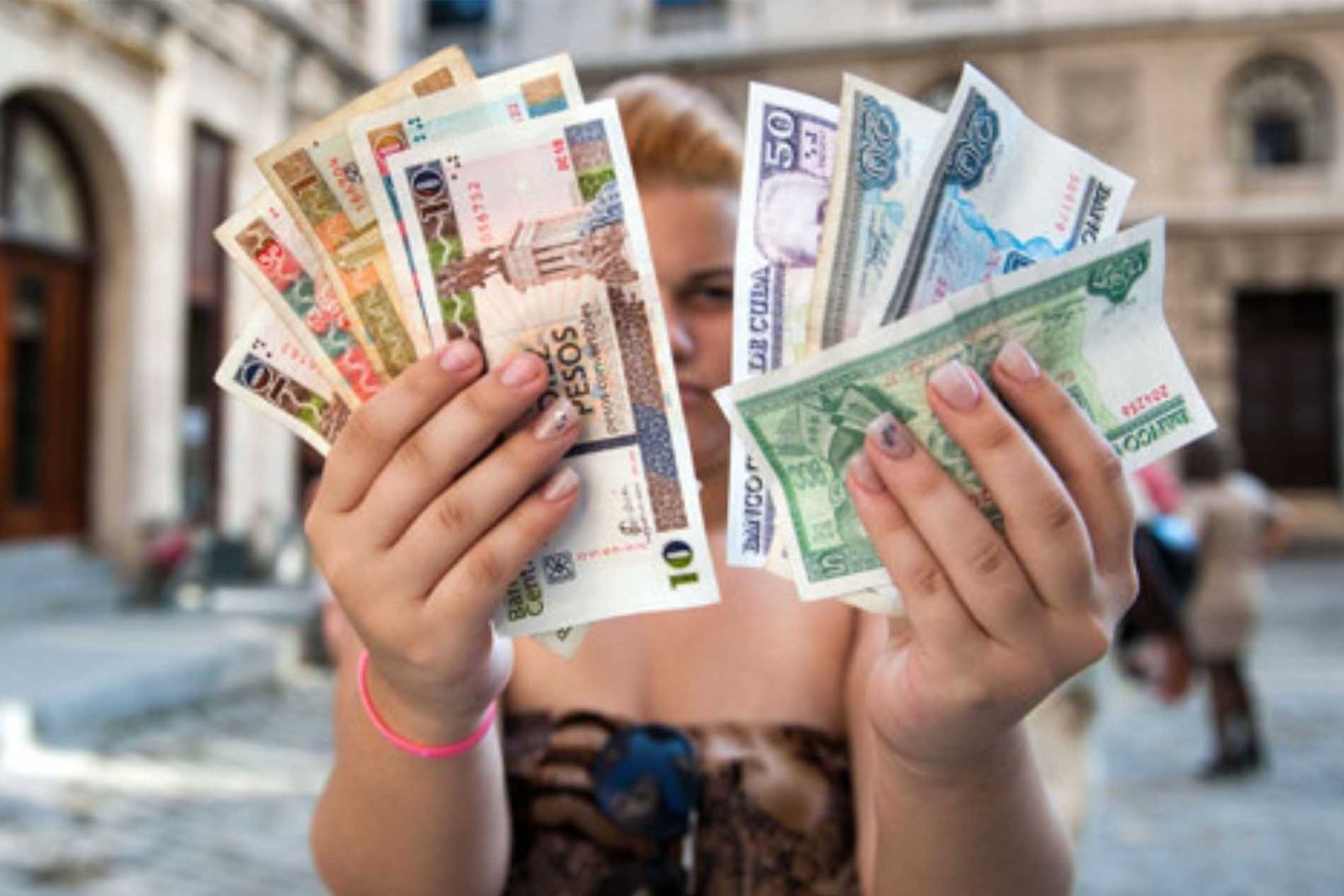
The Paradigm of a Failed Petrostate

Venezuela, once a thriving economy, with the world's largest proven oil reserves, is engulfed in an appalling economic and political crisis. It is suffering from one of the worst hyperinflation cases, if one goes to buy a basket of food, one would need 22 minimum wages salary. Crushing poverty, death, and destruction, Venezuela is undergoing one of the worst economic and humanitarian disasters. Is it only socialism that brought it here, or is there more? Let us try to unravel the answer to this question.
The milestones in Venezuela's journey as a petrostate:
In 1922, geologists discovered oil in Venezuela and by 1929 Venezuela was the world's second-largest oil exporter, next only to the US, producing 137 million barrels yearly.
Just as the brightest child of the family takes away all the attention, the development of the country's oil industry overshadows all the other economic sectors.
Oil was bringing in huge inflows of foreign capital; the home currency soared up, and imports became relatively cheaper. All the attention was on oil leading to a drop in the exports of manufacturing and other sectors and also harming agricultural production. This phenomenon later became known as the "Dutch Disease".
Dictator Gomez died in 1935 and his successors passed the Hydrocarbons Law in 1943. This law mandated foreign oil companies to pass on half of their profits to the State. In 1958, after a series of military dictatorships, Venezuela switched to democracy and was among the first in the region to take such a bold step.
However, the dependency on oil continued, the nation's economic development was based on just two factors- the rising oil prices and the profits coming in from the oil exports.
In the late 1970s, OPEC members started flouting their assigned production quotas. Resultantly, production shot up. In the 1980s, oil prices plummeted because of a serious surplus and low demand. Venezuela's economy contracted and inflation soared. In a bid to follow aggressive internationalization, the Venezuelan government purchased refineries in the US and Europe and resultantly accrued massive foreign debt.
Through these decades, Venezuela was on a boom-and-bust cycle, with fluctuating global oil prices. Venezuela could not offset the "Resource curse', or what is called the Paradox of Plenty- an observation that resource-rich countries often end up with lower economic development, as compared to nations that have fewer natural resources. In 1989, the country had to accept the IMF's help, and along came austere measures; the free-market reforms- to solve the economic crisis in the country.
But habits cannot change overnight. Venezuela had been an economy where, so far, the government was offering subsidized prices. The free-market reforms didn't fit well with the common masses. They began protesting which soon turned into deadly riots. Chavez Era:
Venezuela was no longer the model State. Its image as a harmonious democracy was now shattered.
Since 1990, Venezuela had faced 5 recessions and the population was widely dissatisfied with the widening inequalities between the rich and poor. Taking advantage of this social discontent, in 1998, Chavez became president on a socialist platform. He soon launched his "Bolivarian Missions", a series of social programs to win public support. He directed the oil revenues to finance the literacy, health, housing, and food programs. He spent $1 trillion of oil profits in massive social programs, in the 14 years of his presidency.
He made liberal deals with China and other South American countries; like providing Cuba subsidized oil, to secure the services of Cuban doctors in the country's public health clinics. However, while maintaining these programs and deals, Chavez did not invest in maintaining the oil facilities and production gradually declined.
But amid all this, how did democracy change to an authoritarian regime? Chavez had taken control of all branches of the government. He was putting his supporters in positions of power, and he had given the military broad control of the affairs of the State.
By the time Chavez died, in 2013, he had destroyed the Venezuelan economy. Oil exports went up from 77% in 1998 to 96% in 2011. His policies of expropriation and nationalization crippled foreign investments and private businesses. And inflation had averaged 23% during 1998-2011.
To sum up, Venezuela was now oil-rich yet cash-poor.
Chavez had set up a regime where his successor Nicolas Maduro could establish a dictatorship. As he has established a government, which controlled the judiciary, press, captured, and nationalized all the private sectors. One year into the dictatorship of Maduro, oil prices dropped and there was no one to hand out benefits for free or pay the bills of the Venezuela government policies. Venezuela had no economically resilient other industries. The nation went from being the fourth wealthiest to 131", in a matter of years. Currently, it has an inflation rate running at 6500 percent; GDP at two-thirds of what it was in 2014, and debt double the size of its economy. Oil revenues are dipping down and the US has imposed stringent sanctions on the country. All of this paired with one of the worst humanitarian crises, as 5 million Venezuelans have fled the country and taken refuge in neighboring nations. The people left behind face food shortages and a lack of basic infrastructure and necessities. It now has neither economic stability nor political stability, as two leaders, Nicolas Maduro and Juan Guaido fight over the presidency the world watches from the sidelines.
This was a tragic story of self-destruction. The fall of Venezuela is an archetype and it gives a silent lesson to all those countries that are on similar paths. So, what went wrong? Are all petrostates bound to fall?
The answer is no. The world has examples of Norway and Saudi Arabia which have successfully curtailed the classic petrostate problems. The key lies in maintaining a strong democracy with efficient government management and not depending solely on one resource. Looking at these examples, we can say that these countries have found the key.
Harshita Chandak
Writing Mentorship 2021
Latest data trends suggest that tourism in Maldives is rebounding as the country and the world as a whole is trying to bounce back from the COVID-19 pandemic. Nevertheless, for a small-island nation like Maldives which has minimal contribution to global climate change yet with an existential threat because of it, concerted action and committed support from all other countries is necessary.
The author is associated as a Consultant at the Indian Council for Research on International Economic Relations (ICRIER), New Delhi. Views expressed here are personal.
Saranya Sircar
Consultant at the Indian Council for Research on International Economic Relations (ICRIER), New Delhi
References:
1.Fact check: Socialist policies alone did not destroy Venezuela's economy in last decade. (2020, August 8). USA TODAY. https://www.usatoday.com/story/news/factcheck/2020/08/08/fact-check-socialism-alon e-did-not-destroy-venezuelas-economy/3323566001/
2.Johnson, K. (2018, July 16). How Hugo Chavez blew up Venezuela’s oil patch. Foreign Policy. https://foreignpolicy.com/2018/07/16/how-venezuela-struck-it-poor-oil-energy-chavez/
3.Venezuela: The rise and fall of a Petrostate. (2018, November 30). Council on Foreign Relations. https://www.cfr.org/backgrounder/venezuela-crisis


